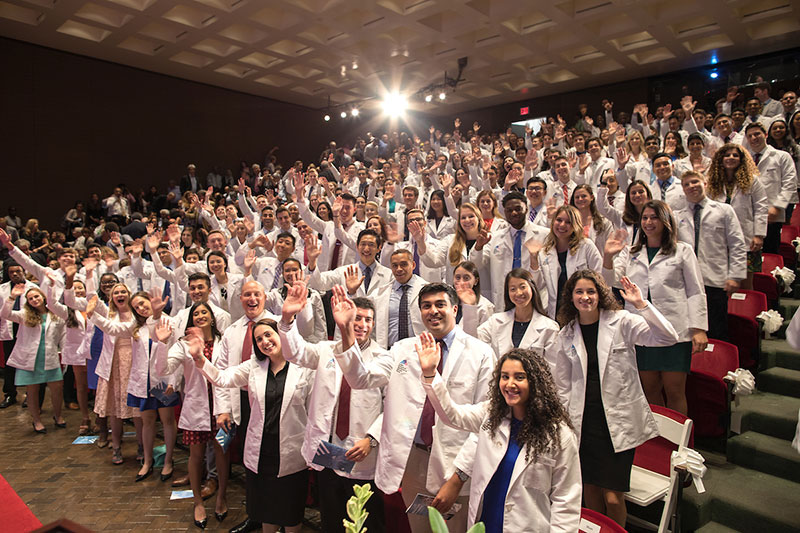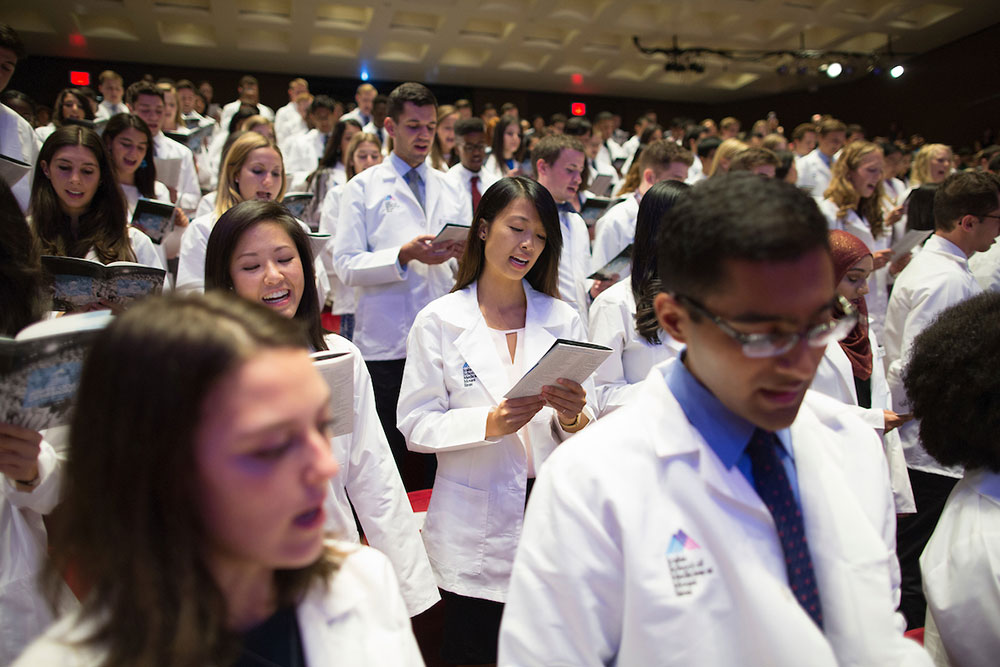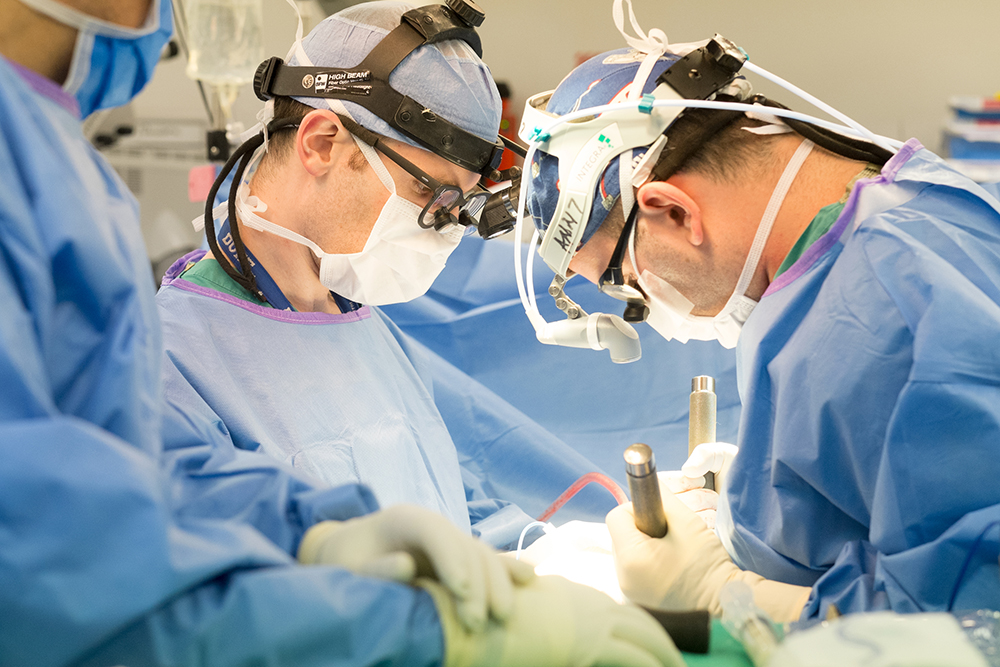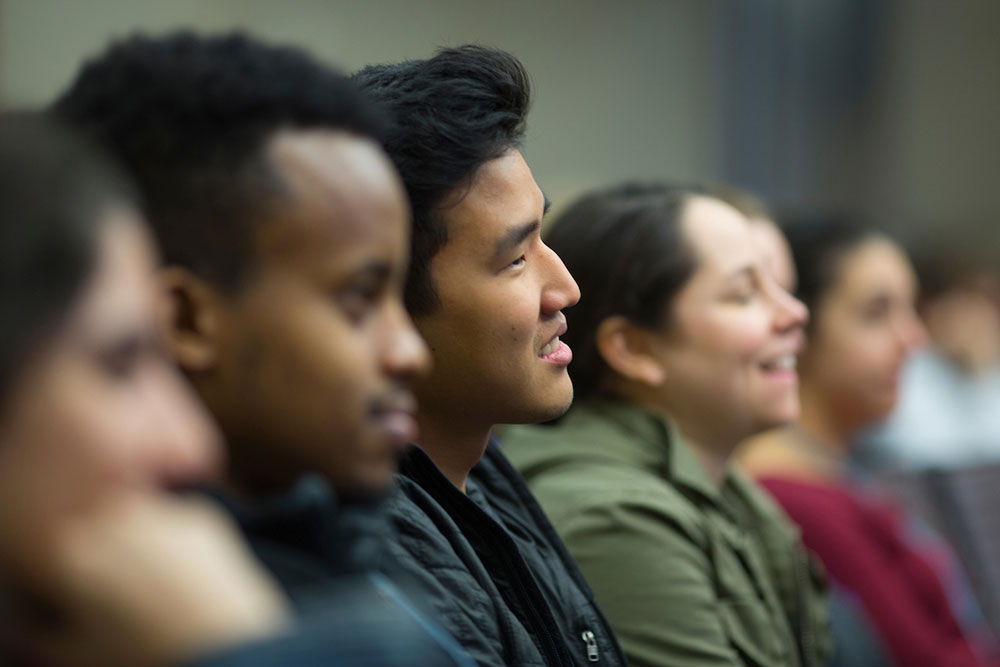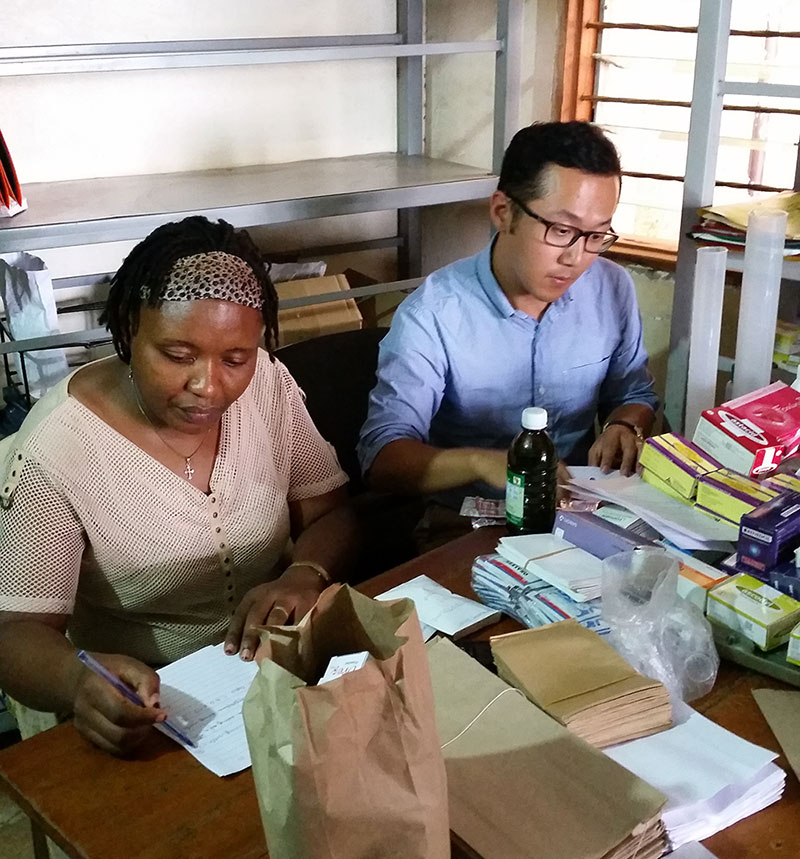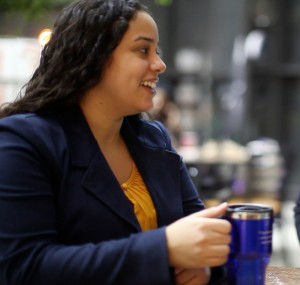 I’ve had experience interviewing adolescents before. I worked at the Adolescent Health Center for most of a semester in my first year of medical school. But this was the first time I would interview an adolescent patient alone, and perform the physical exam. I was a bit nervous.
I’ve had experience interviewing adolescents before. I worked at the Adolescent Health Center for most of a semester in my first year of medical school. But this was the first time I would interview an adolescent patient alone, and perform the physical exam. I was a bit nervous.
I walked into the room to find a tall, thin, young woman lying nearly supine, bundled in hospital bed sheets. Her father sat in the green, rubbery chair beside her bed. The girl’s pale face nearly blended into the bed sheets that enveloped her. I introduced myself and asked for her name. Veronica.
At first I thought the interview would not go well given Veronica’s* attitude and reluctance to speak to me. Her father filled in answers when Veronica just rolled her eyes and said, “I can’t remember.” Despite this, I treated her as I would any other patient. In fact, I put in extra effort to be as laid back and approachable as possible. While maintaining my professionalism, I had to match Veronica’s blasé attitude more than come off as a medical student there to complete an assignment.
Half-way through the interview, I asked Veronica’s father to leave the room so I could speak to her in private. It was then that she really opened up to me. Veronica is a 17 year old girl who was diagnosed with sickle cell anemia as a child. Now, nearly a young adult, she is still having trouble coping with her disease. Often forced to miss school because of her illness, she felt like an outcast. In the midst of adolescence, the time in which many act out, Veronica was engaging in very risky behavior.
Veronica detailed her drug use, alcohol abuse and many sexual partners (without the use of protection). She used to cut herself and but says she never wanted to end her life. It all came pouring out of her mouth like water from a broken faucet. She also told me about the therapist her family made her visit, with whom she felt no connection. While I was not part of her actual care-team, I counseled her. Veronica agreed to allow me to discuss this with her doctor in an effort to get her the mental health services she needed. After performing my physical exam, I packed up and wished her a speedy recovery.
The following day a colleague of mine stopped me on the Starbucks line. She was rotating through the adolescent unit this month and coincidentally Veronica was one of her patients. She told me that after my interview, Veronica said I was very nice and a good listener. For me, that was the ultimate validation. As medical students we all want to impress our preceptors, even impress one another, but the ones we should want to impress the most are our patients. I’m happy I was able to lend Veronica an ear and support, no matter how little, during the course of her chronic disease.
*Patient’s name and other identifying details have been changed in accordance with HIPAA consent guidelines.





